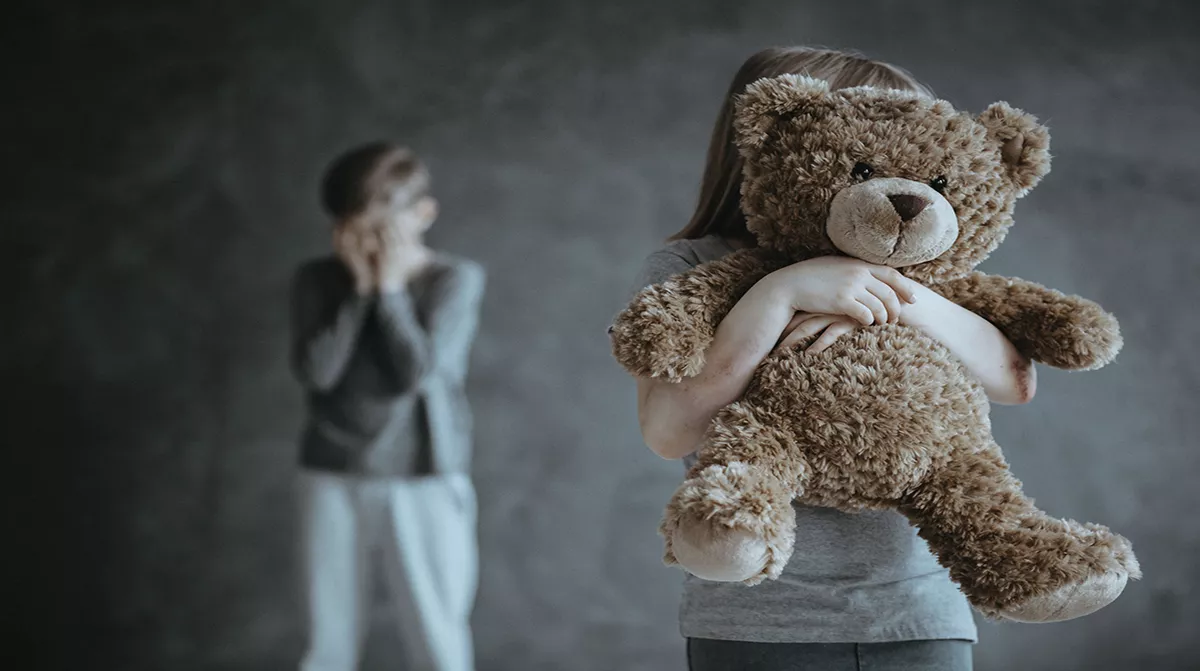Signs of Sexual Abuse in Children

Sexual child abuse is any sexual activity with a child, such as fondling, oral-genital contact, intercourse, exploitation or exposure to child pornography. When a perpetrator engages with a child this way, they are committing a crime that can have lasting effects on the victim for their entire life. Children who have been sexually abused may display a range of emotional and behavioral reactions, many of which are characteristic of children who have experienced other types of trauma. Those who molest children look and act just like everyone else, with no specific characteristics to them. There are many abusers that will look for safe places such as sports leagues, churches, schools, and recreational centers to be able to
According to the research in RAINN (Rape, Abuse & Incest National Network) about 90 percent of children who are victims of sexual abuse know their abuser as only 10 percent of sexually abused children are abused by a stranger. Approximately 30 percent of children who are sexually abused are abused by a close family member. The younger the victim, the more likely it is that the abuser is a family member. Of those molesting a child under six, 50 percent were family members. Family members also accounted for 23 percent of those abusing children ages 12 to 17 and about 60 percent of children who are sexually abused are abused by people the family trusts. If you think about these statistics it is very scary to think that a close family member who you trust could be the person who could abuse a child.
What are some of the signs that a child might be sexually abused?
A child who’s being abused may feel guilty, ashamed or confused. He or she may be afraid to tell anyone about the abuse, especially if the abuser is a parent, other relative or family friend as many times they might feel like no one would believe them. Abusers may threaten children with harm or hurt others if they say something as a tactic to maintain their silence.
Some of the signs to look out for are the following:
- Withdrawal from friends, family or usual activities including extracurricular activities such as sports, dance, music, art
- Changes in behavior such as aggression, anger, hostility or hyperactivity or changes in school performance
- Depression, anxiety or unusual fears, or a sudden loss of self-confidence
- Frequent absences from school
- Reluctance to leave school activities, as if he or she doesn’t want to go home
- Attempts at running away
- Rebellious or defiant behavior
- Not wanting to be left alone (especially with certain people)
- Self-harm or attempts at suicide
- Sexual knowledge, language, and/or behaviors that are inappropriate for the child’s age
- Physical signs such as bruises, torn or stained clothes, bleeding, or swelling in genital areas
Specific signs and symptoms depend on the type of abuse and can vary. Keep in mind that warning signs are just things to look for but don’t necessarily mean that there is sexual abuse. If you notice these signs there might be other things going on with the child such as divorce, family issues, changes in school, moving, or grief and loss.
What to do if you suspect sexual abuse:
If you suspect abuse you can contact the National Sexual Abuse Hotline at 844-486-7205) which will connect you to a trained staff member in your area that can guide you in finding resources. This hotline is completely confidential and they are available 24 hours a day. You can also reach out to outpatient mental Health providers in your area to make an appointment as they will be able to help you through the process. Early intervention is key and the sooner help is sought out the sooner the healing process can start for the child and the family.

